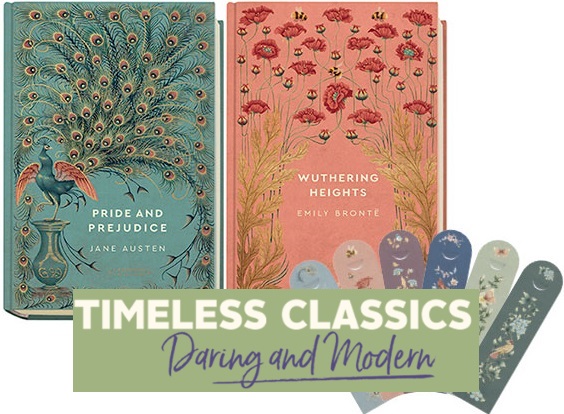The debate surrounding the alteration of classic literature to conform to modern sensibilities has taken center stage in the literary world. A recent New York Times article highlights how literary estates are updating the works of renowned authors such as Agatha Christie, Ian Fleming, and Roald Dahl, removing offensive language and phrases that could be deemed racist or sexist.
“While some changes have been made over the years with little fanfare, recent systematic attempts to alter classic works have been met with intense public scrutiny. The challenge is to find a balance between preserving an author’s original intent and ensuring that their work remains relevant and resonates with contemporary audiences,” says the article
Although many classic literature enthusiasts are passionate about the preservation of original works, there is a growing debate on whether these works should be revised to reflect contemporary societal values.
Those who resist the idea of revising literary classics argue that such an act is nothing short of sacrilege. They worry that it dishonors the author’s legacy, undermines their artistic vision, and robs readers of the chance to experience the work as it was originally intended.
Moreover, they fear that such revisions could alter the historical context of these works and threaten to erase the unique perspectives of the generation that produced them. These classics are not just an individual author’s gift to the world, they represent the collective psyche of a particular time and place. Thus, to alter them is to distort and ultimately disrespect the very essence of the shared cultural heritage.
The call for the revision of literary classics has been fueled by a growing concern that many of these timeless works are tainted with racist and stereotypical elements. Advocates for revision argue that by updating these classics, they can be made more accessible to contemporary generations, particularly children, who may be exposed to harmful and outdated ideas if these elements are left unaddressed.
Indeed, the perpetuation of racist and stereotypical ideas in these classics can have a detrimental effect on young minds, perpetuating harmful stereotypes and biases that have no place in modern society. Revising these works can provide everyone with an opportunity to address these issues head-on and provide a more inclusive and accurate representation of the world.
Certainly, one perspective that is often overlooked in the debate over whether literary classics should be revised is the idea that revising classics can be a slippery slope towards censorship and the erasure of history. While it is true that many classics contain language and ideas that are offensive by today’s standards, it is important to remember that these works were created in a specific historical context and reflect the attitudes and values of their time. Revising and censuring these works means risking losing valuable insights into the social and cultural norms of the past.
Furthermore, the act of revising classics can also be seen as an attempt to impose contemporary values and perspectives on the past, rather than allowing for a genuine engagement with historical material. This can create a distorted and anachronistic view of the past, and can even lead to a dangerous kind of moral relativism, where we judge past figures and societies solely by our own modern standards, without taking into account the unique historical circumstances in which they lived.
Ultimately, the debate over whether classics should be revised is a complex and multifaceted one, and there are no easy answers. While it is important to acknowledge the problematic aspects of many classic works, it is equally important to approach them with an open and critical mind, and to remember that they are a product of their time, with all the flaws and virtues that entails.
However, it’s important to approach the revision of classics with care and respect for the original work. It’s crucial to preserve the author’s voice and intent while also addressing any problematic elements in a way that’s thoughtful and sensitive. Additionally, it’s important to consider the historical and cultural context in which the work was written and how it was received at the time.
Ultimately, the decision to revise a classic should not be taken lightly. It should be done with a deep understanding and appreciation for the original work and with a clear purpose for why the revision is necessary. When done well, revising classics can be a way to keep them relevant and meaningful for generations to come.

